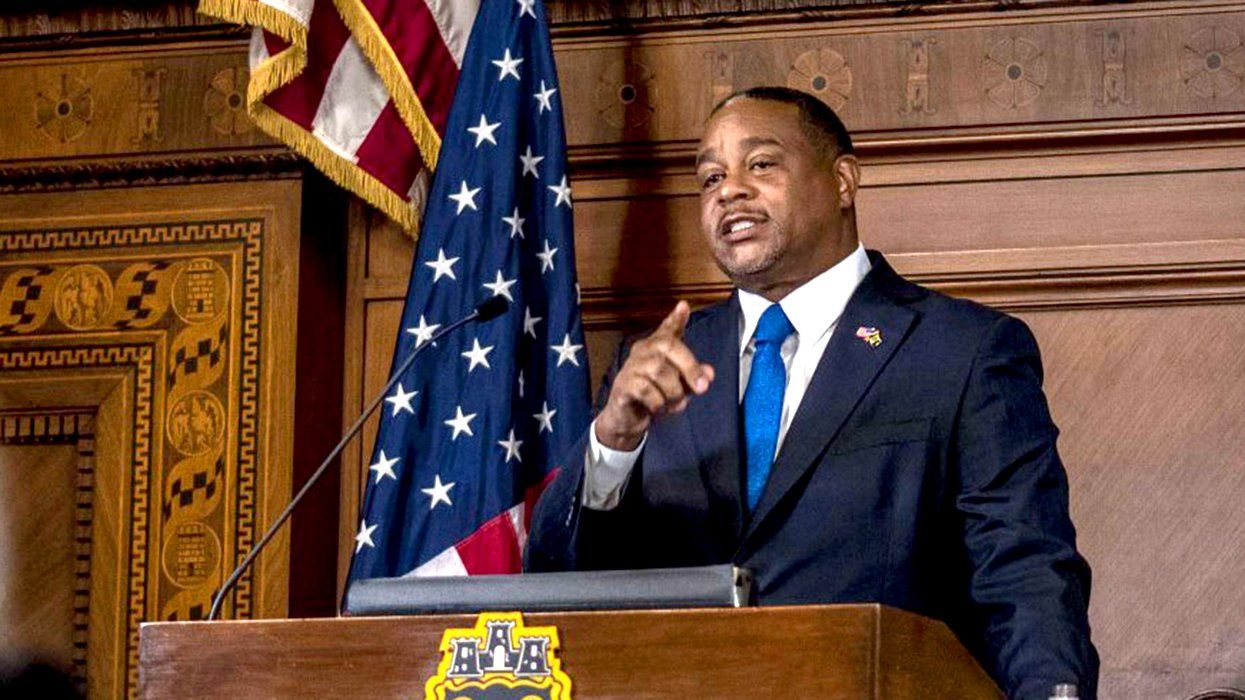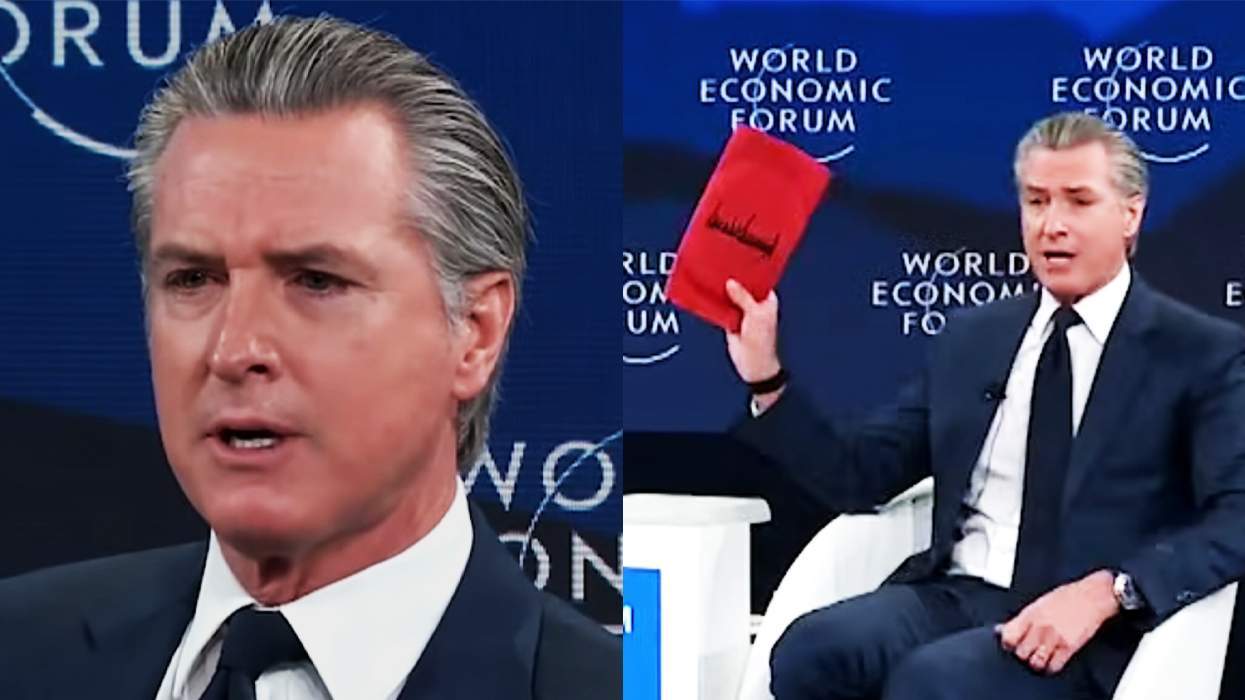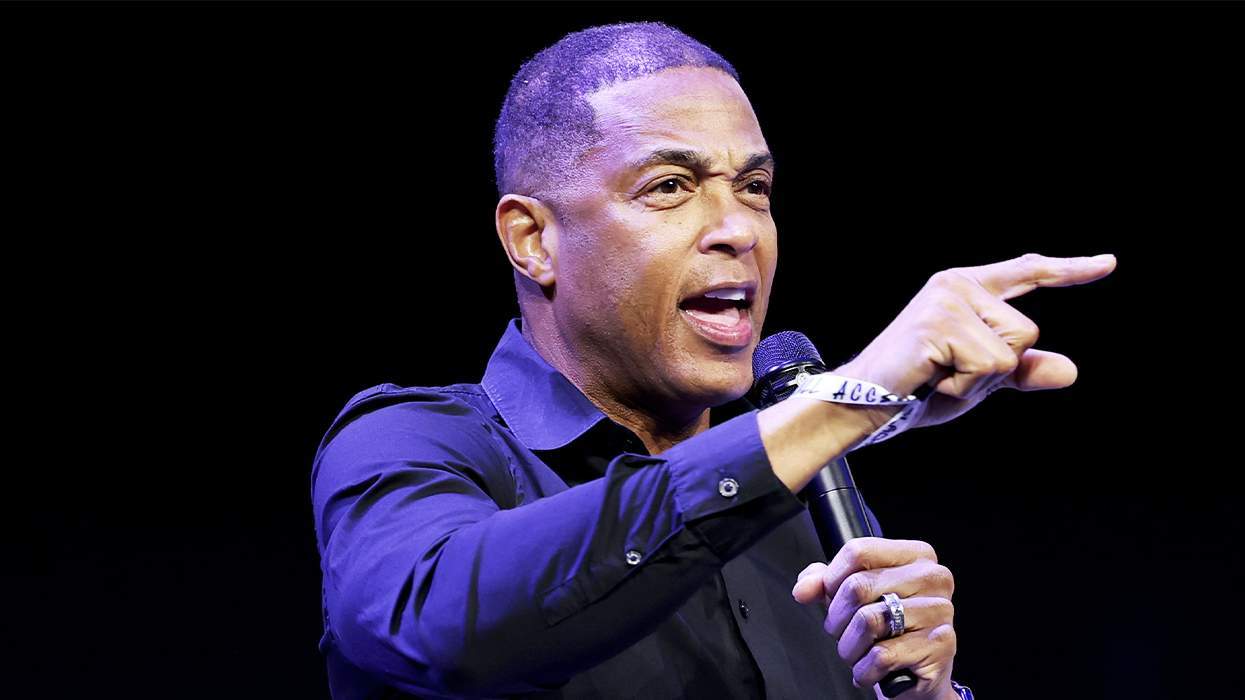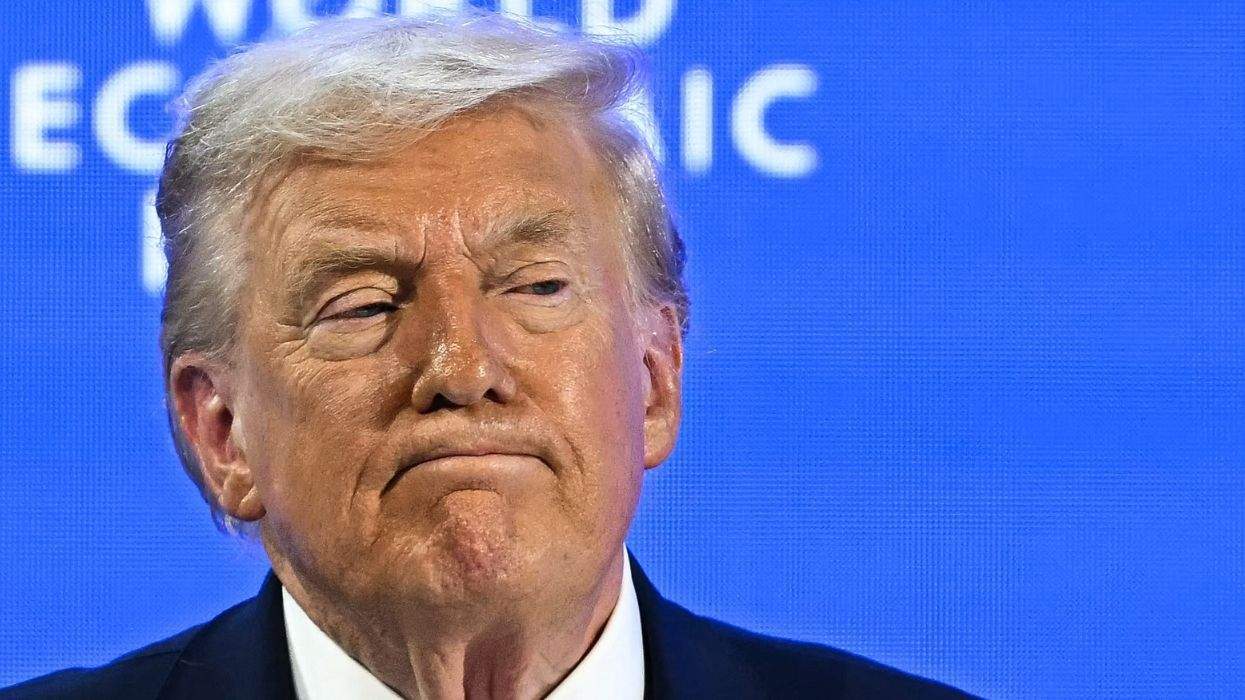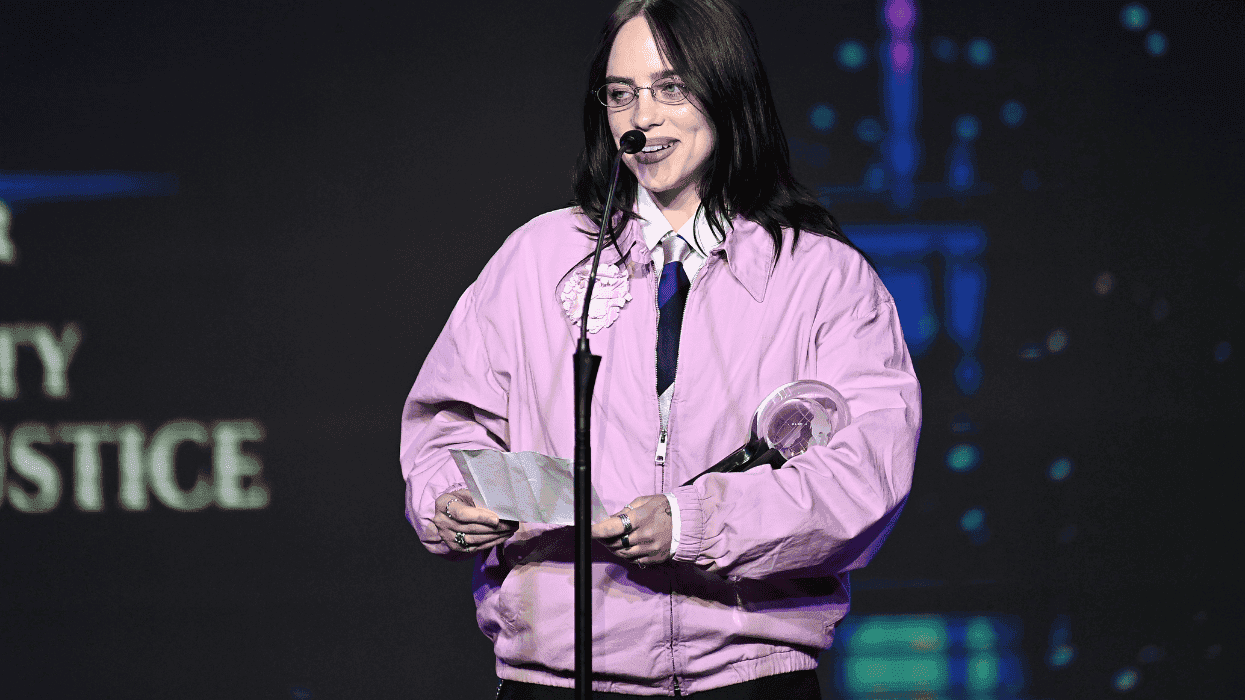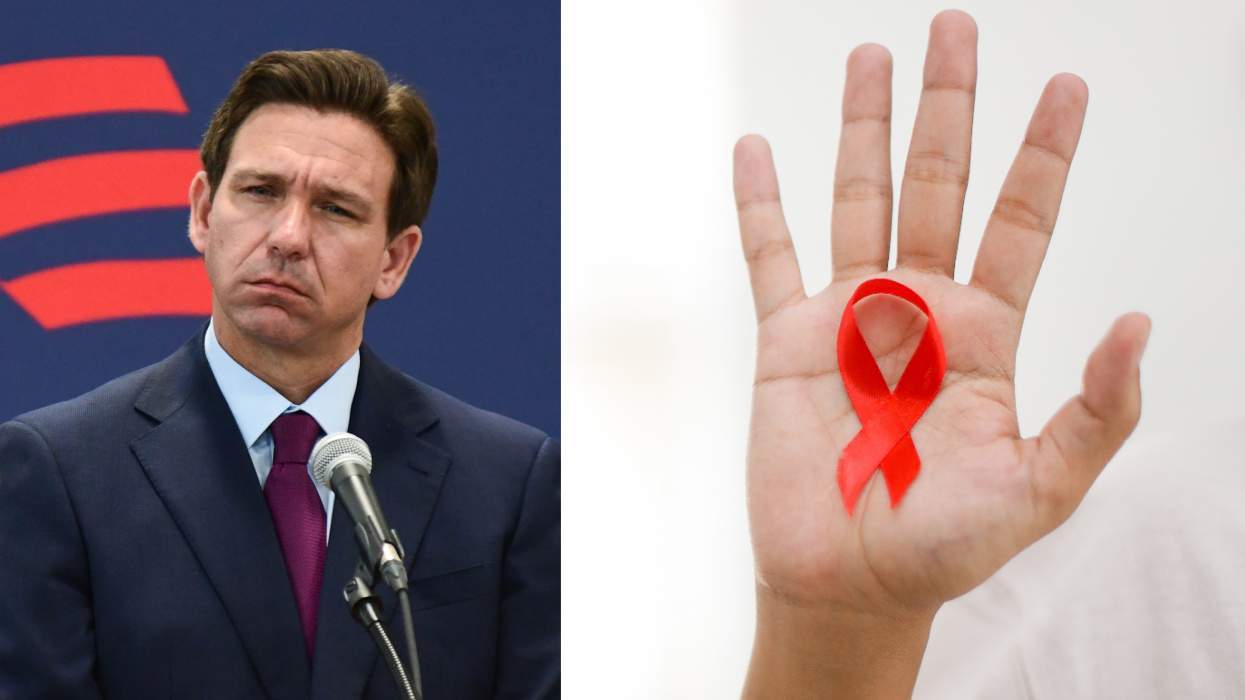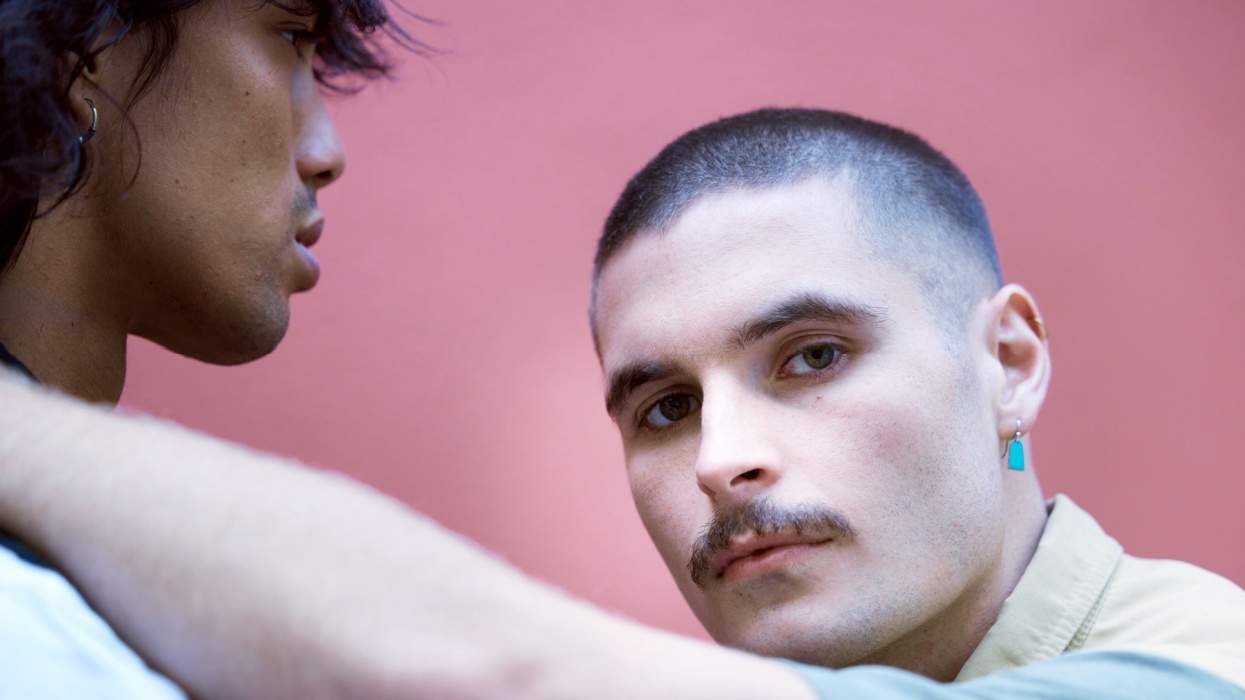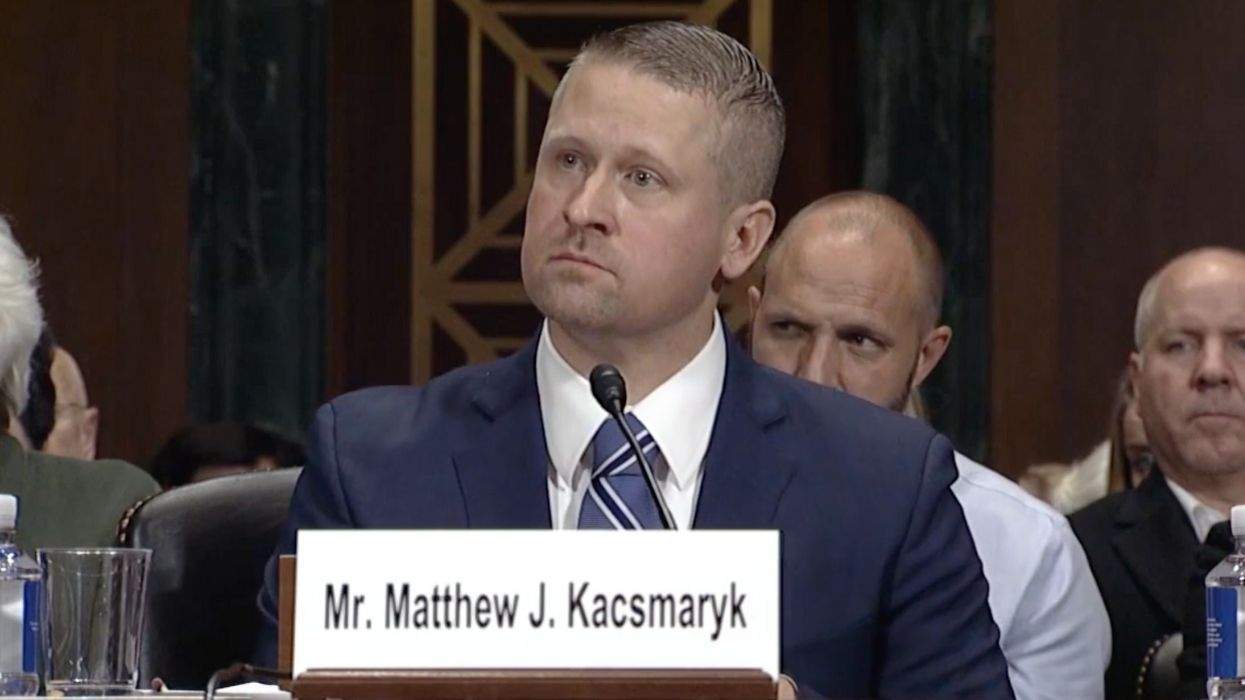Ed Gainey, the mayor of Pittsburgh, has been vocal about supporting the LGBTQ+ community, stopping what he calls illegal ICE raids, and protecting diversity in city government and beyond.
Those are not easy tasks.
But only a true Pittsburgher knows that before you get down to business to talk about the issues, you must first discuss Pittsburgh sports. Since I was born and raised in Pittsburgh, we had to swap our favorite stories about Pittsburgh sports, the kind of stories that make my home city’s blood run black and gold.
But sports weren’t just small talk; they were an entryway into what fuels Gainey, and that is his deep-rooted devotion to Pittsburgh communities, his shared identity, and a love for a city that raised him. It’s that love that now drives him to be one of the country’s most passionate defenders of inclusion, justice, and working-class values — and fighting MAGA.
Keep up with the latest in LGBTQ+ news and politics. Sign up for The Advocate's email newsletter.
That’s why his current primary fight for reelection is being watched nationwide since his primary opponent has been partially funded with MAGA money. Supporters say it's precisely because of his commitment to inclusion and working-class values that has made Gainey a target.
Gainey comes from the working class and not from political royalty.
“I never even met a politician growing up,” he said. Raised in Pittsburgh’s East End, he found his footing at Morgan State University, a historically Black college in Baltimore that became a crucible for his leadership when he was coaxed into participating in a march to Baltimore’s City Hall to fight for funding for the school. “From afar, I saw the mayor, Kurt Schmoke, and Congressman Kweisi Mfume speak, and they were the first time I ever saw an elected official, and that made a huge impact on me.”
After stints working in state and local government, Gainey began his political career running for a state House seat. “I lost three times trying to get into the state House,” Gainey said, “but I kept going.”
That persistence paid off: Gainey became the first Black state representative from Pittsburgh’s 24th district and later the city’s first Black mayor.
“I ran because I believed Pittsburgh could be a city for all,” he said, “not just a city for some.”
Now Gainey says Pittsburgh is under siege from the billionaire class, from creeping MAGA ideology, and from those who would sacrifice democratic values for campaign contributions.
“You’ve got an elected president in Donald Trump, and you’ve got an appointed one in Elon Musk,” he said. “And at the end of the day, they only care about is their billionaire club. They are continuing to attack every community in America every day.”
Gainey is explicit about the stakes.
“This is the first time in American history where cruelty has become a campaign strategy,” he pointed out. “And it’s our job, mine especially, to fight that every day. On the streets. In City Hall. In every neighborhood.”
He doesn’t mince words when it comes to Corey O’Connor, his opponent in the mayoral race.
“He took $160,000 from MAGA donors. Another $280,000 from real estate tycoons,” Gainey claimed.
Under Gainey’s leadership, Pittsburgh has taken bold steps for LGBTQ+ equality. He appointed Larry Scirotto, the city’s first out gay police chief, and named the first out trans press secretary in the mayor’s office. He stood shoulder-to-shoulder at the UPMC Trans Care rally - in the pouring rain — because, as he said, “you can’t make anyone feel welcome if they’re not seen.”
Reflecting on the rally, Gainey’s voice grew hopeful.
“That rally was a voice,” he said. “It was a signal that we won’t let anyone pour trauma on everything they touch. We need to move forward with everyone, not just a few.”
“We’ve come too far to go back,” he said. “When you eliminate DEI, when you roll back trans care, when you tell people they’re only where they are because of programs, not their worth, that’s an attack on civil rights. And I won’t stand for it.”
Gainey said that if leaders don’t feel the pain of the people they represent, they can’t truly lead.
“You need leaders that understand the trauma it took just to have a voice,” he said. “You need leaders who know what it’s like to be invisible, and then stand up and fight to be seen.”
On tariffs, Gainey sees how billionaires get a say while everyday businesses suffer.
“Trump said he’d delay tariffs by 90 days, but only after Wall Street complained,” Gainey said. “I talked to a constituent whose business relies on European parts. He’s terrified. Tariffs could force him to lay off workers.”
Gainey shook his head and said, “Trump always listens to billionaires. But when it comes to Medicare? Medicaid? Social Security? He couldn’t care less.”
“This fight isn’t happening in Washington,” Gainey said. “It’s happening right here, in cities like Pittsburgh.”
And to Gainey, to win, the message shouldn’t be rhetoric; it should be about resistance. He explained that the race isn’t about Democrat or Republican, but about protecting people and about “whether we build a city that sees everyone or one that caters to a select few.”
Gainey noted that solidarity across communities is important in this political moment.
“The community threatened by ICE raids, LGBTQIA community, African Americans, veterans, low-income residents, we’ve got to come together. Because the other side? They’re already united. They’re already organized,” he said.
Gainey’s politics centers on the legacy of civil rights, of struggle, and of the kind of leadership rooted not in ambition but empathy.
“You gotta feel the pain to lead,” he said. “You gotta understand that pain and let it make you stronger, not silence you. That’s what I’m doing. That’s why I’m here.”
